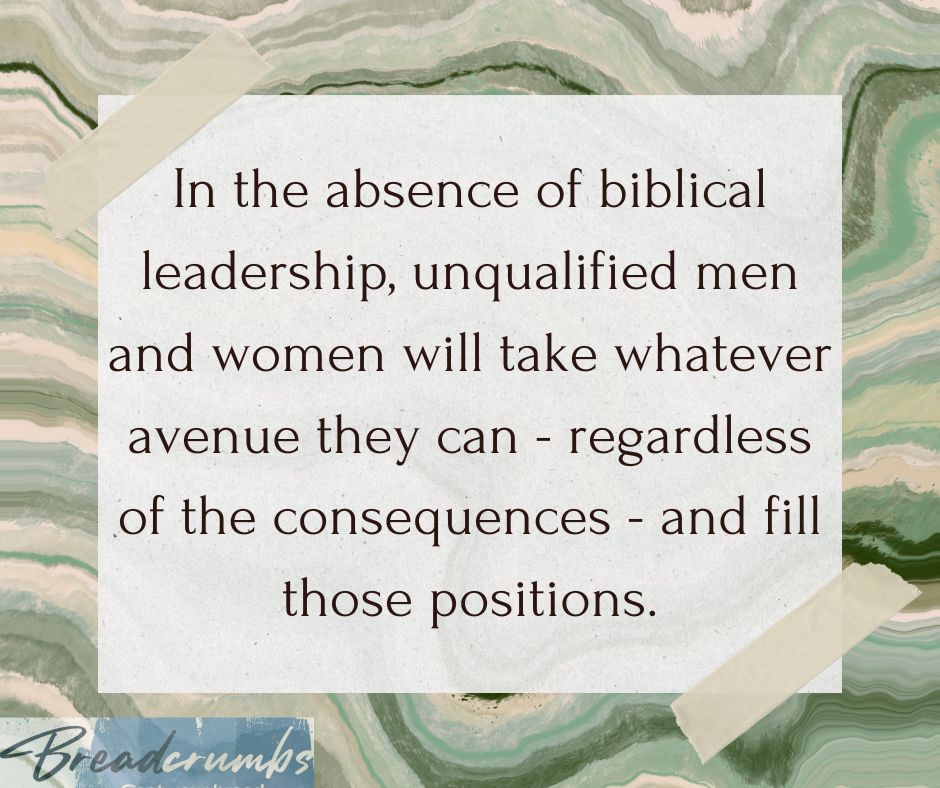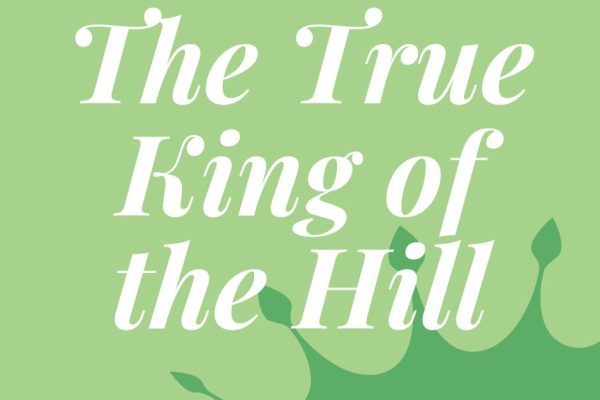
Nature abhors a vacuum. This statement reflects a consensus among thinkers as far back as Aristotle and beyond. The idea is that if there is space that would be made, something is going to fill it. We can observe this regularly in physics. It’s part of how things like our lungs, straws, and vacuum cleaners work. When space is made, which causes the pressure to be lower in part of the system, whatever is around finds the path of least resistance to equalize that pressure.
This is a general observation that is true in almost every aspect of our lives—especially regarding leadership.
In his book, “Leadership in the Local Church,” Norman Hogan began the study by making observations based upon the fable Jotham told about Shechem’s poor choice of appointing Abimelech king. Read the fable and consider some of the questions Hogan asked.
“The trees once went forth to anoint a king over them.
And they said to the olive tree,
‘Reign over us!’
But the olive tree said to them,
‘Should I cease giving my oil,
With which they honor God and men,
And go to sway over trees?’
Then the trees said to the fig tree,
‘You come and reign over us!’
But the fig tree said to them,
‘Should I cease my sweetness and my good fruit,
And go to sway over trees?’
Then the trees said to the vine,
‘You come and reign over us!’
But the vine said to them,
‘Should I cease my new wine,
Which cheers both God and men,
And go to sway over trees?’
Then all the trees said to the bramble,
‘You come and reign over us!’
And the bramble said to the trees,
‘If in truth you anoint me as king over you,
Then come and take shelter in my shade;
But if not, let fire come out of the bramble
And devour the cedars of Lebanon!’”
(Judges 9:8-15, Unless otherwise stated: Scripture is taken from the New King James Version®. Copyright © 1982 by Thomas Nelson, Used by permission. All rights reserved).
Hogan asked, “Who did the olive, fig, and vine refuse? Were they unwilling to forfeit their comfort, privilege, and ease? Were they not able to make the necessary sacrifice? Evidently not. From this story, what possible lesson may we draw? Does it say to us that when the capable and the able refuse positions of leadership, then the less capable and able and, sometimes, the dangerous will assume leadership positions?” (pg 1)
In the absence of biblical leadership, unqualified men and women will take whatever avenue they can, regardless of the consequences, and fill those positions. The biblical solution and prevention of this is for those who are mature in the faith to stand for the truth and nurture the next generation of leaders to maturity.
Are you a leader? Are you growing?
If you aren’t, where does that leave you? What are you going to do about it?
Van




